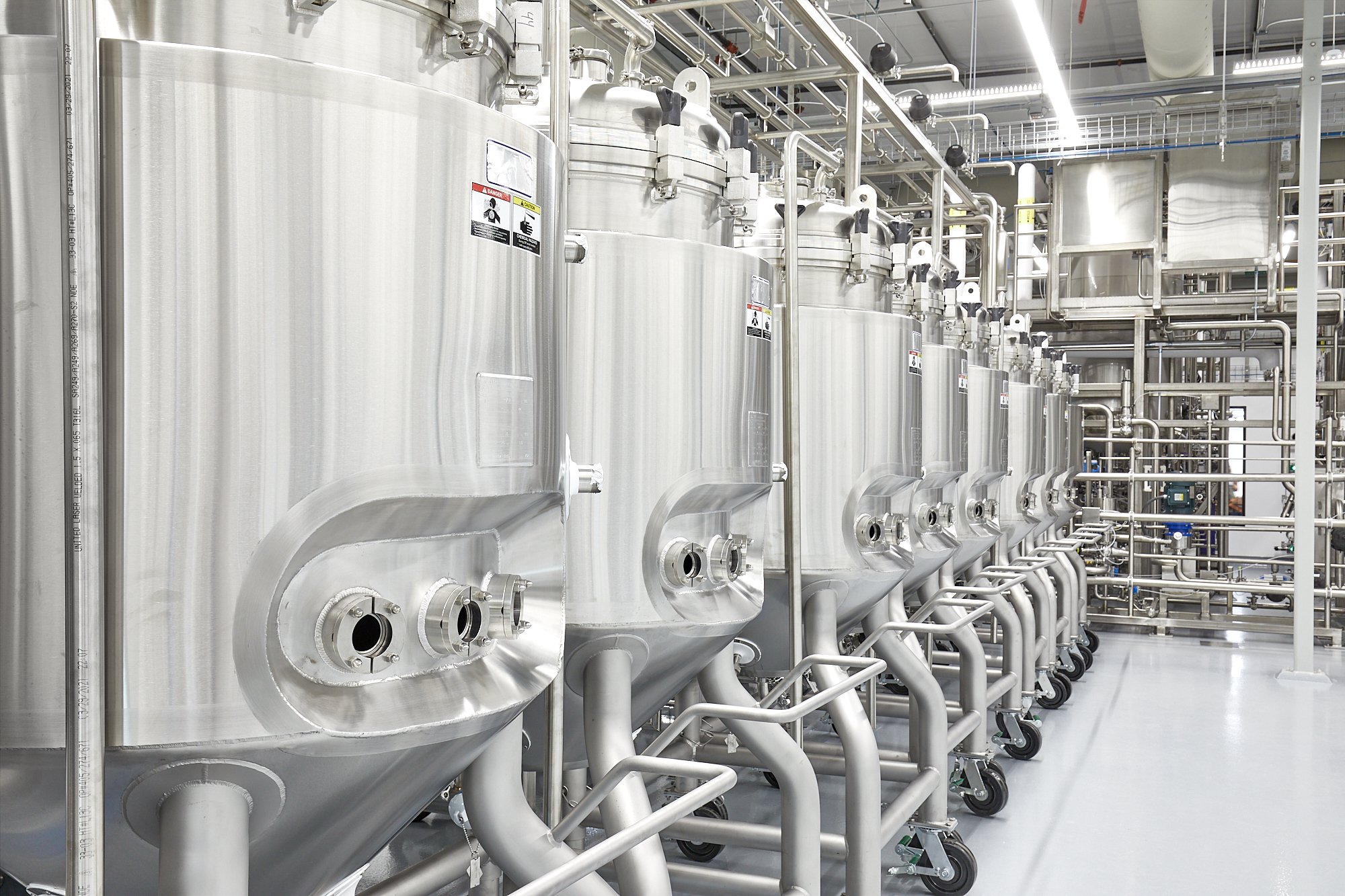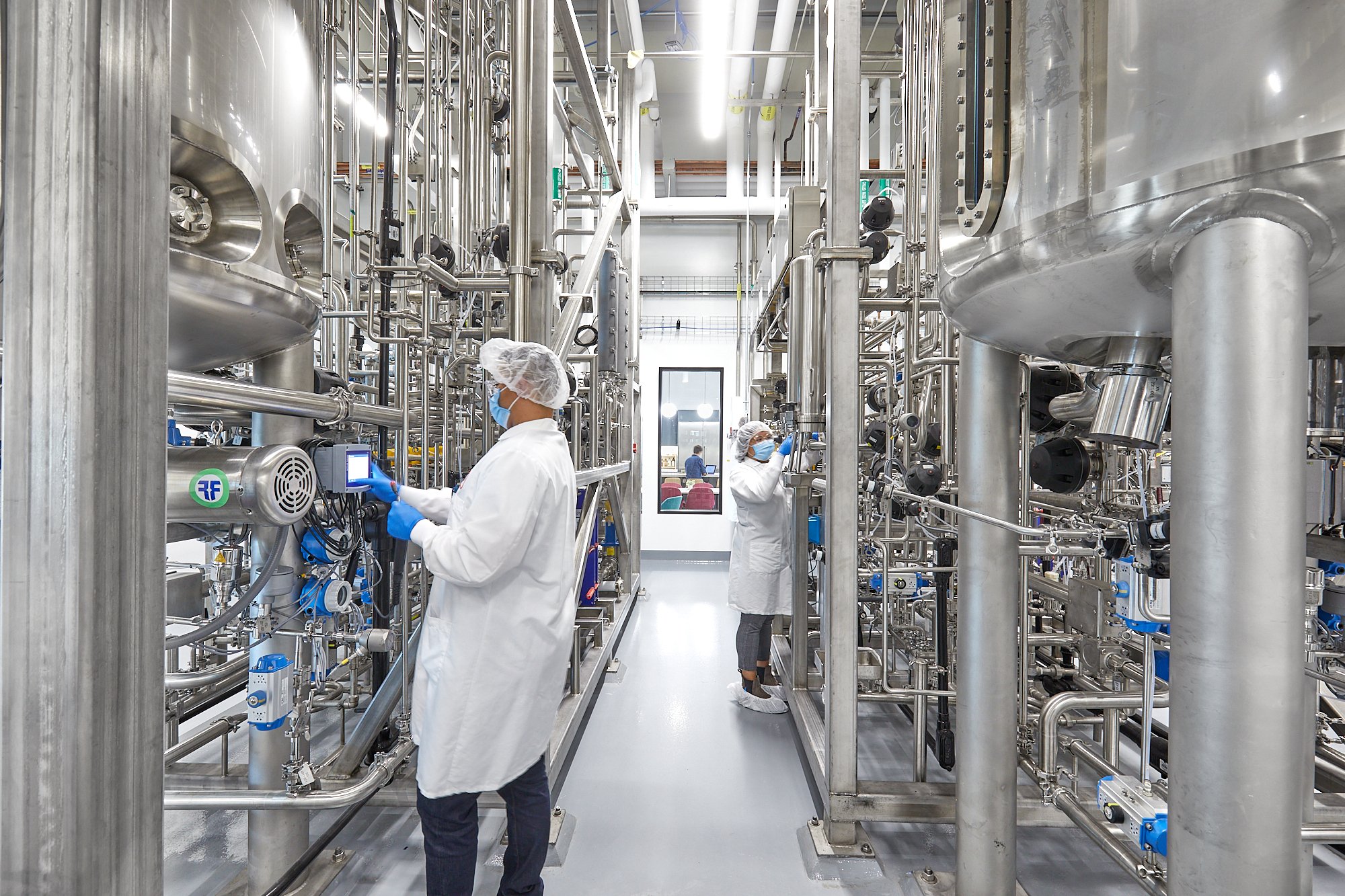By Jessica Scott-Reid
Jessica is a Canadian writer, animal advocate and plant-based food expert. Her work appears regularly in media across Canada and the US.
The alternative proteins space is expanding at a rapid rate, leading a much-needed food systems revolution by drawing in a growing and diverse consumer segment. A combination of innovative food entrepreneurs, new technologies, investment and changing consumer attitudes are at the forefront of developing these new food options and methods of production. And the time is ripe for change.
According to a new public opinion poll from ProVeg conducted in the Netherlands, public attitudes towards new ways of producing food and alt-proteins are shifting. The poll of more than 8,500 people found that 72% think that fewer animals should be consumed, while 33% believe cultivated meats and dairy are ethical substitutes to conventional farming, and 25% want a future without animal-based meat.
This aligns with the Dutch government’s current policy of investing billions in transforming their farming sector. The goals are to reduce the environmental impact and pollution from farming, transition farmers out of livestock production and fund support for plant-based food production.
This shift in thinking about new ways to produce food extends well beyond the Netherlands. International non-profit organization the Good Food Institute (GFI) points to several alternative protein trends to watch the world over. They include plant-based foods becoming tastier and more appealing, more uptake by flexitarians, governments getting more involved in supporting alternative protein production, growth in precision fermentation for dairy products and more.
Consumers got a first taste of products produced with precision fermentation in 2021, says GFI, “when Brave Robot ice cream made with Perfect Day’s fermented whey protein launched in retailers nationwide,” and in cream cheese from Modern Kitchen, and Climate Hero Cake mix. But in 2022, consumers are going to see a lot more, the group predicts, including in fermented egg and meat products.
Cultivated (aka cell-based or cultured) meats are also forecast to move closer to regulatory approval and gain more mainstream acceptance. Green Queen highlights five companies to watch in the cultivated meat space, including Aleph Farms in Israel, with high profile investors such as Leonardo DiCaprio, and US-based Upside Foods, which has a production facility “capable of manufacturing 400,000 pounds of cultivated meat every year”.
Cultivated chicken. Photo: UPSIDE Foods
In a 2021 TED Talk, Isha Datar executive director of New Harvest, a research institute advancing the science of cultivated meat, spoke of the revolutionary capabilities of making meat without animals. This method, she says, which makes it possible to eat meat without the harms done by industrial farming, can fundamentally change our food systems in positive and necessary ways. "It's our once-in-a-lifetime opportunity to get a second chance at agriculture," she says.
UPSIDE Foods’ new production facility for cultivated meats.
Both Green Queen and Business Insider’s Anna Keeve, highlight Eat Just and its Good Meat cultivated meat brand, as the first company in the world to sell cultivated meat products. Its cultivated chicken is already available in Singapore. The company has subsequently announced that well-known chef José Andrés, has committed to selling Good Meat cultivated chicken at one of his US restaurants, once regulatory approval has been granted.
There is also going to be more interest in plant-based fine dining, Keeve says, which will elevate how people think of animal-free eating. “Chefs will increasingly redefine what luxury dining means with plants, not meat, at the center of the plate,” she writes.
And finally, alt-protein companies are set to receive much more funding going forward, both GFI and Keeve forecast, along with more brands going public (Vegpreneur offers a great list of plant-based companies that already have), pushing the technology and products even further into the mainstream.
The evidence has become abundantly clear that our current food systems are not sustainable. For the health of the climate, environment, animals and people, a shift in the way we think about, produce and consume food, especially protein, is essential. Major moves are being made in the alternative proteins space as a result — innovations, adaptations and support — that offer hope for the future of food and ourselves.




